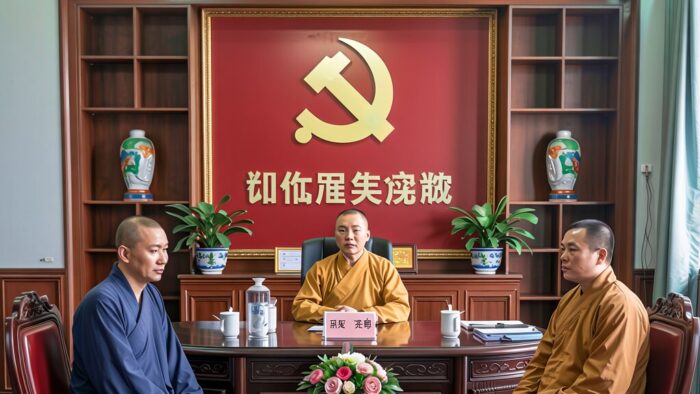In an article titled “China’s Influence Operations Fall Flat in Central and Eastern Europe,” Council on Foreign Relations scholar Joshua Kurlantzick argues that China has seen its soft power in Central and Eastern Europe decline during the past three years. The following is a Global Influence Operations Report (GIOR) summary of the article:
Beijing has increased its efforts to wield authority within other countries, including many liberal democracies, despite China’s proclaimed non-interference foreign policy norm. This has been accomplished through a variety of methods, such as formal diplomacy, public message, leveraging ties with local media, blatant bribery of officials, economic aid, and coercion. Central and Eastern Europe (CEE) has been a prominent target for China’s influence operations over the past decade. Beijing’s good relations with several CEE governments dated back to the Cold War, and the majority of these nations had previously taken a neutral stance on the developing competition between the United States and China. Beijing has nurtured influential politicians in the region, such as the prime minister of Hungary, Viktor Orban, and strengthened links with regional media through training programs for journalists and content-sharing agreements with Chinese state media. dy begun to turn significantly negative in many European nations, including the CEE.
Read the full article here (free registration required)
GIOR reported in August 2022 on a US Army study that found Latin American views on China were becoming more negative despite its leveraging of soft power instruments.





